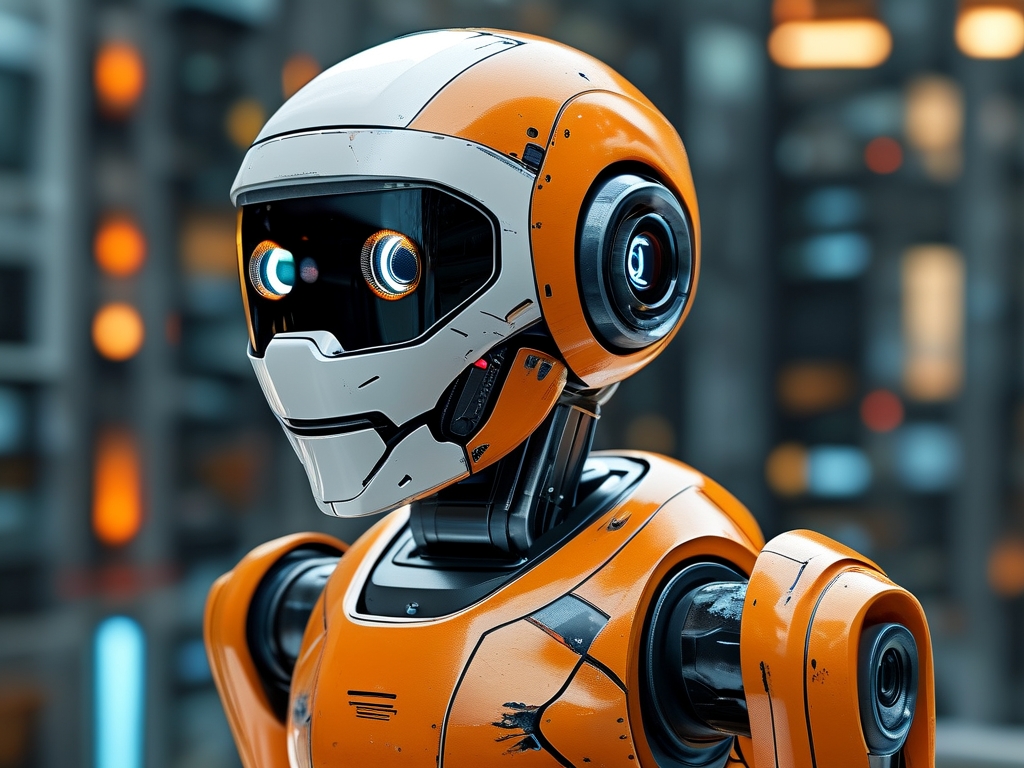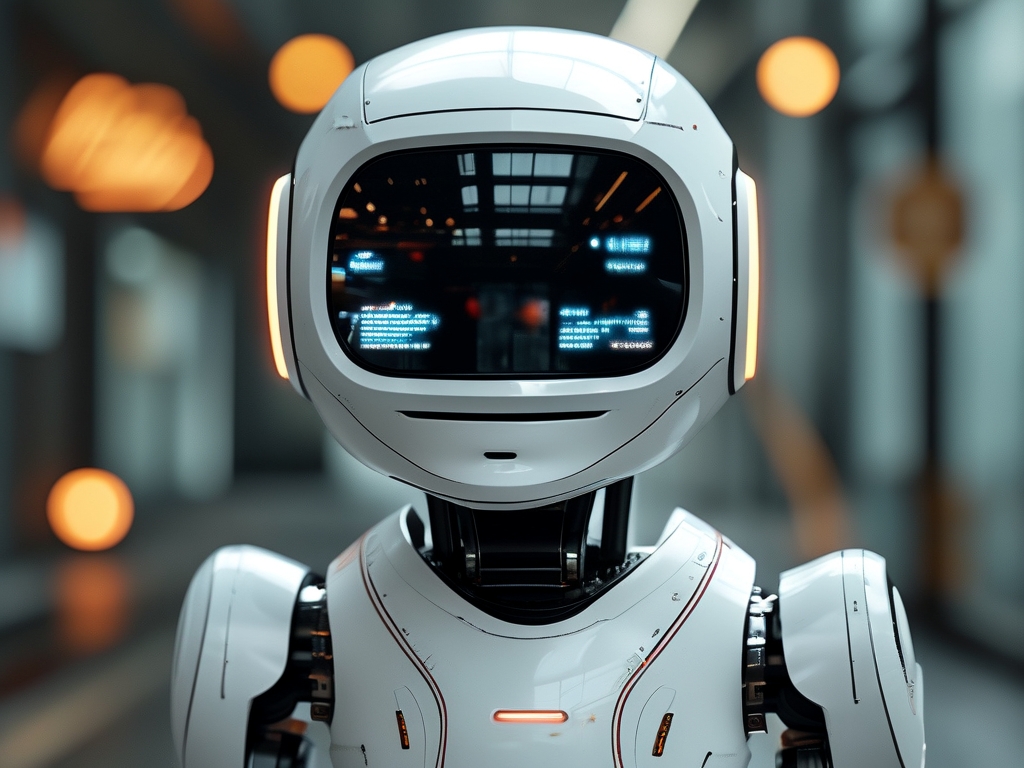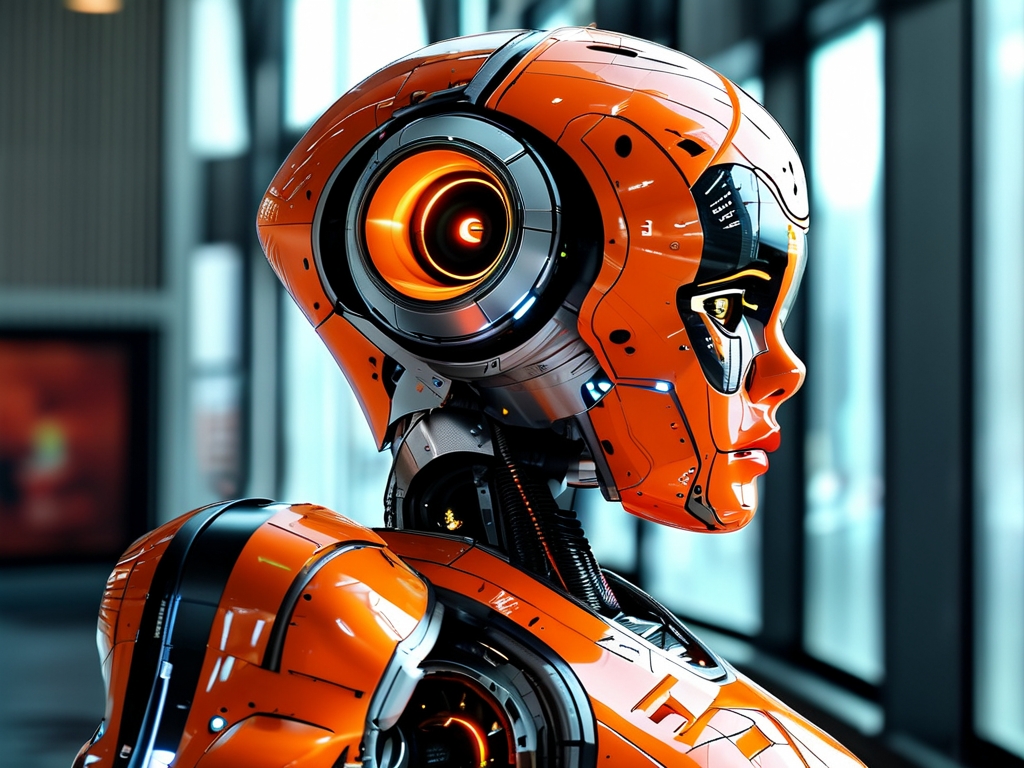The 21st century has witnessed an unprecedented technological revolution, with intelligent robotics emerging as a cornerstone of national competitiveness. Nations that master this cutting-edge field are positioning themselves as leaders in automation, manufacturing, and innovation-driven economies. This article explores how countries are leveraging intelligent robotics to secure global influence, the strategies they employ, and the implications for the future of work, industry, and international relations.
The Strategic Importance of Intelligent Robotics
Intelligent robotics—a fusion of artificial intelligence (AI), machine learning, and advanced engineering—has transcended its industrial roots to become a geopolitical asset. Nations like the United States, China, Japan, and Germany are investing heavily in research, infrastructure, and talent cultivation to dominate this sector. For instance, China’s "Made in China 2025" initiative prioritizes robotics to transform its manufacturing sector into a high-tech powerhouse. Similarly, the U.S. National Robotics Initiative focuses on accelerating innovation through public-private partnerships. These efforts are not merely about economic growth; they reflect a broader ambition to control supply chains, set global standards, and influence technological sovereignty.
Drivers of Leadership in Robotics Technology
- Government Policy and Investment: State-backed funding and regulatory frameworks play a pivotal role. South Korea, for example, allocates over $450 million annually to robotics R&D, aiming to automate 90% of its manufacturing by 2030. The European Union’s Horizon Europe program funds collaborative robotics projects to maintain regional competitiveness.
- Academic-Industrial Synergy: Leading robotics nations foster collaboration between universities and corporations. Japan’s integration of institutions like the University of Tokyo with companies such as Fanuc and SoftBank has yielded breakthroughs in humanoid robots and automation systems.
- Talent Development: Specialized education programs are critical. Germany’s dual education system combines vocational training with robotics engineering, ensuring a steady pipeline of skilled professionals.
Economic and Social Transformations
The rise of intelligent robotics is reshaping economies. Automated factories enhance productivity—China’s Foxconn replaced 60,000 workers with robots in 2020, boosting output by 30%. However, this shift raises concerns about job displacement. Countries addressing these challenges through reskilling initiatives, such as Singapore’s SkillsFuture program, are better positioned to balance automation with workforce stability.
Beyond manufacturing, robotics is revolutionizing healthcare, agriculture, and logistics. South Korea’s robotic exoskeletons aid elderly care, while U.S.-developed agricultural drones optimize crop yields. These applications underscore robotics’ role in solving demographic and sustainability challenges.
Geopolitical Competition and Ethical Dilemmas
Dominance in robotics technology fuels geopolitical rivalry. The U.S.-China tech war extends to robotics, with export controls on critical components like AI chips. Meanwhile, the EU’s proposed AI Act seeks to regulate robotic systems ethically, emphasizing transparency and human oversight.

Ethical concerns—such as autonomous military robots and data privacy—complicate progress. International frameworks, like the United Nations’ efforts to ban lethal autonomous weapons, highlight the need for global cooperation in governance.
The Path Forward for Aspiring Robotics Powers
For nations aiming to join the ranks of robotics leaders, three priorities stand out:
- Sustained Investment: Long-term funding for R&D and infrastructure is non-negotiable.
- Cross-Sector Collaboration: Bridging gaps between academia, industry, and government accelerates innovation.
- Ethical Governance: Proactive policies must address societal impacts to ensure inclusive growth.
Intelligent robotics is redefining global power dynamics. As nations vie for supremacy, the winners will be those that blend technological prowess with strategic vision and ethical responsibility. The age of intelligent machines is not just about automation—it is about shaping a future where technology elevates human potential and fosters equitable progress.



